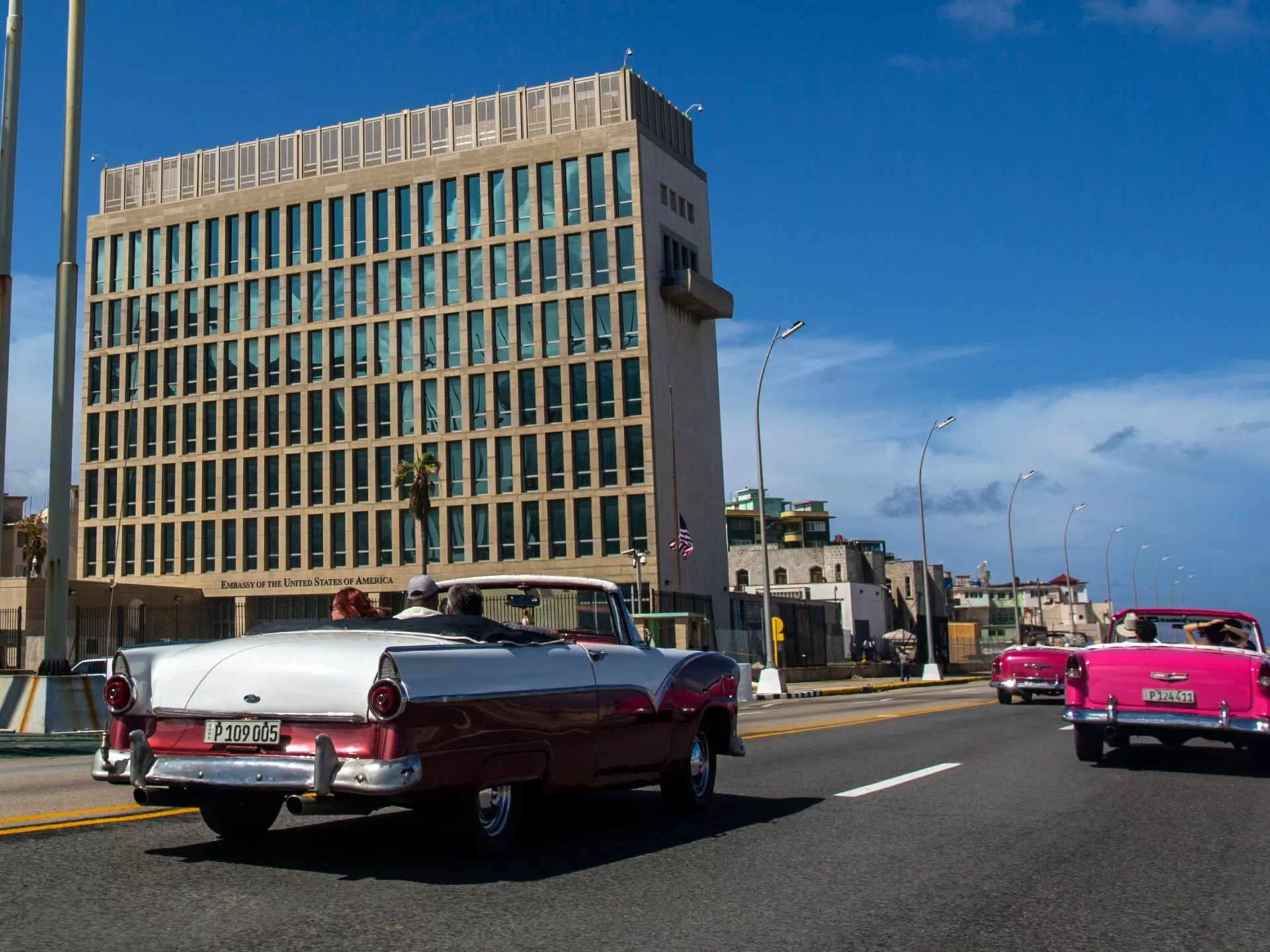The measures allow independent entrepreneurs to open and access US bank accounts online to support their businesses.
The measures, announced on Tuesday, will allow independent entrepreneurs to open and access US bank accounts online to support their businesses. Other measures include steps to open up more internet-based services and expand private companies’ ability to use certain financial transactions.
“These regulatory amendments update and clarify authorizations in support of internet-based services to promote internet freedom in Cuba, support independent Cuban private sector entrepreneurs, and expand access to certain financial services for the Cuban people,” the US Department of the Treasury said in a news release.
One of the key changes would allow Cuban private business owners to open bank accounts in the US and then access them online once back in Cuba — something they couldn’t do previously. The US also is again allowing something called U-turn transactions, where money is transferred from one country to another but is routed through the US.
“This reinstated authorization is intended to help the Cuban people, including independent private sector entrepreneurs, by facilitating remittances and payments for transactions in the Cuban private sector,” the release said.
The administration of former US President Donald Trump had removed permission for the U-turn transactions in 2019.
The Treasury Department’s updated guidance also changed terminology that the agency uses to make clear that Cuban officials or prohibited Cuban Communist Party members were not benefitting from the changes that are aimed at the country’s emerging private sector.
About 11,000 private businesses in Cuba are responsible for roughly one-third of the island’s employment, Cuban officials have said.
The changes come as Cuba is struggling with one of the worst economic and energy crises in its history. Cuban citizens face waves of blackouts that have gotten worse in recent weeks and are frustrated over food shortages and inflation. Hundreds of thousands of people have migrated, many of them headed to the US.
Ties between the US and Cuba were essentially frozen after the 1959 revolution that saw Fidel Castro rise to power and install a Communist government. There was a wave of nationalisations of large companies, although some small private businesses were allowed to stay open until 1968.
The US implemented a full-scale economic embargo on Cuba in 1962 under US President John F Kennedy.
It wasn’t until former US President Barack Obama was elected that relations began to thaw a bit, with some restrictions lifted in 2017. After that, Trump took office and largely shut down Obama’s bilateral cooperation. In the waning days of Trump’s administration, his government then redesignated Cuba as a “state sponsor of terrorism” and hit the country with new sanctions.
Cuba has also slowly opened up its economy to more privately owned enterprises.
In 2010, Cuban President Raul Castro began reforms that expanded independent work for individuals but not for companies. In 2021, Cuban authorities allowed the creation of the first small- and medium-sized companies — called “pymes” in Spanish.
